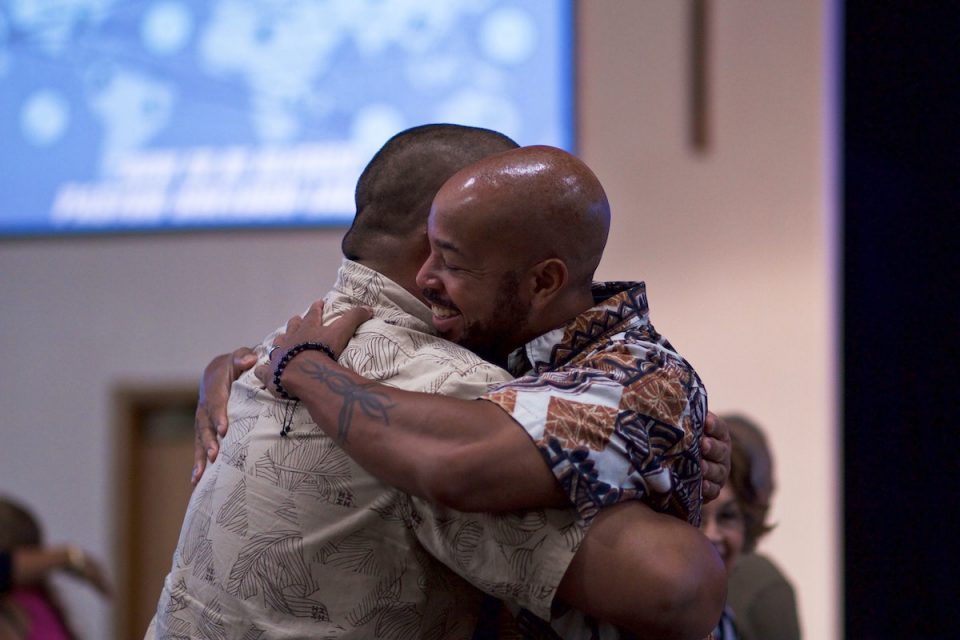The Cadence Approach is about managing energy. There are four steps; identify the big (predictable) events coming up in your professional and personal life; prepare by making small improvements in sleep, nervous system management and energy; perform, but respect your red flags (don’t go too fast) and then recover by prioritising slivers of recovery into your day. It’s a simple, four-step process that can make a significant difference to energy and stress management, and help you have a bit more fun in life and work.

I use the example of athletes to bring this idea to life in my keynotes, as this is essentially the model they’ll follow. In particular, I discuss Serena Williams, and her preparation for big events such as Wimbledon (one of the four big Grand Slam tournaments held in the UK). In describing the predict phase, I ask the audience the question ‘when are your Wimbledons?’, and the question that very often comes up is ‘what if every day feels like a Wimbledon?’ And that’s the question I’ll address in this blog post.
Wellbeing non-negotiables
If every day feels busy and overwhelming, one strategy is to have a few wellbeing non-negotiables that you do every day to stay in a ready state, with a reasonable degree of resilience. Ultimately, every day shouldn’t feel overwhelming, and if it does you should consider taking action (reviewing the schedule, speaking to your manager or taking a step back to review priorities). During busy periods however, it helps to have a few daily routines that help keep you happy, healthy and resilient. It might be just one thing or as many as three or four. I recommend having somewhere between one and three things.
Here are mine:
- Steps – a minimum number of steps per day as this helps energy, mood and motivation
- Breathwork – I use the Oura app and Othership app for guided breathwork sessions
- Sleep – I aim for 7-8 hours of good quality sleep every night
Building consistency
Transitioning a habit from negotiable i.e. I’ll do it if I can, or have time, to non-negotiable (it always happens) comes down to a deep connection to your why, or put another way your strong motivating factors. For me they are multifactorial, but are essentially about:
- Strength
- Health
- Energy
- Mood
- Motivation
Being laser-focused on your motivating factors builds consistency, and beds in a habit. I’ve found that having a small number of daily habits builds and maintains resilience.
Backing off beats burnout
Please note though, having daily non-negotiables doesn’t mean you can push yourself all day every day, ignoring all the signs the mind and body send (red flags). But it will mean you can sprint when you need to, providing you then follow it with slivers of recovery (rest). I like to say that business is an endurance sport with occasional periods of rest, and that’s exactly what the Cadence Approach is about.
What are your non-negotiables? Let us know by tagging me on LinkedIn, Instagram and Facebook @leannespencerkeynote
If you’re looking to build healthy, happy resilient teams our wellbeing keynotes teach your teams to take ownership of their health and wellbeing using our unique Cadence Approach™.


